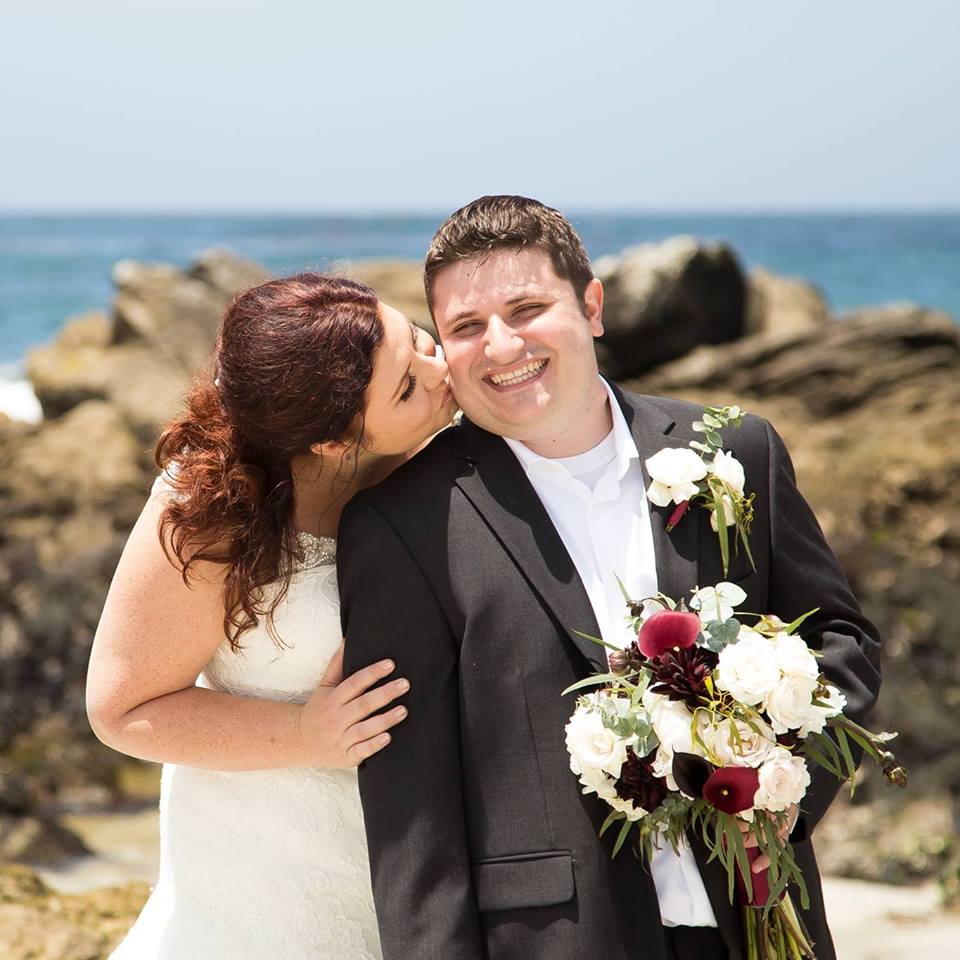
Chapter 2: Lesson 4 Culture and the Church
Quiz
•
History
•
7th Grade
•
Practice Problem
•
Medium

Jason Harris
Used 30+ times
FREE Resource
Enhance your content in a minute
12 questions
Show all answers
1.
MULTIPLE CHOICE QUESTION
30 sec • 1 pt
Universities in Europe began as
Pg. 93
places to educate men away from the control of the Church.
centers for artistic learning in the Gothic and Romanesque styles.
groups of students and teachers who gathered to educate scholars.
small one-room schoolhouses led by local women.
2.
MULTIPLE CHOICE QUESTION
30 sec • 1 pt
Scholasticism was characterized by a
(Pg. 93, Paragraph 4)
focus on returning to the Bible as the true source of useful knowledge .
rejection of reason as a means of achieving useful knowledge.
growing skepticism that we can know anything about the material world.
commitment to find knowledge by combining faith and reason.
3.
MULTIPLE CHOICE QUESTION
30 sec • 1 pt
The view of the ancient Greek philosopher Aristotle upset some Christian thinkers because he
(Pg. 93, Paragraph 5)
focused on the way we describe things rather than on the reality of things.
believed that nothing could truly be known about the nature of God.
was a committed atheist who scorned any kind of religious beliefs.
reached his conclusions through reason, not religious faith
4.
MULTIPLE CHOICE QUESTION
30 sec • 1 pt
Which monk turned from teaching theology to studying the natural world and helped develop the modern scientific method?
(Pg. 93, Paragraph 3)
Thomas Becket
Francis of Assisi
Peter Abelard
Roger Bacon
5.
MULTIPLE CHOICE QUESTION
30 sec • 1 pt
The theologian who wrote a book to show that basic religious truths could be proved by logical argument was
(Pg. 94, paragraph 1-2)
Hugh Capet.
Thomas Aquinas.
Thomas Becket.
Roger Bacon.
6.
MULTIPLE CHOICE QUESTION
30 sec • 1 pt
Vernacular language can best be described as ________ language.
(Pg. 95, paragraph 2)
formal
everyday
scholarly
Church
7.
MULTIPLE CHOICE QUESTION
30 sec • 1 pt
One popular type of vernacular literature was troubadour poetry, which often focused on
(Pg. 95, paragraph 3)
simple explanations of religious concepts.
the love of a knight for a lady.
the typical lives of peasants and merchants.
knights fighting in the service of their lord.
Create a free account and access millions of resources
Create resources
Host any resource
Get auto-graded reports

Continue with Google

Continue with Email

Continue with Classlink

Continue with Clever
or continue with

Microsoft
%20(1).png)
Apple
Others
By signing up, you agree to our Terms of Service & Privacy Policy
Already have an account?
Similar Resources on Wayground

10 questions
Quiz on Republic Day
Quiz
•
4th - 8th Grade

10 questions
How a Bill Become a Law
Quiz
•
7th - 8th Grade

16 questions
We The People - U.S. Constitution
Quiz
•
7th - 8th Grade

10 questions
Civilisation and kingdoms and empires
Quiz
•
4th - 7th Grade

10 questions
Chapter 12
Quiz
•
7th Grade

15 questions
Famous HBCU Graduates
Quiz
•
6th - 8th Grade

12 questions
Ancient Egypt-Nile River
Quiz
•
7th Grade

16 questions
Texas Republic and Early Statehood
Quiz
•
7th Grade
Popular Resources on Wayground

10 questions
Honoring the Significance of Veterans Day
Interactive video
•
6th - 10th Grade

9 questions
FOREST Community of Caring
Lesson
•
1st - 5th Grade

10 questions
Exploring Veterans Day: Facts and Celebrations for Kids
Interactive video
•
6th - 10th Grade

19 questions
Veterans Day
Quiz
•
5th Grade

14 questions
General Technology Use Quiz
Quiz
•
8th Grade

25 questions
Multiplication Facts
Quiz
•
5th Grade

15 questions
Circuits, Light Energy, and Forces
Quiz
•
5th Grade

19 questions
Thanksgiving Trivia
Quiz
•
6th Grade
Discover more resources for History

19 questions
Veterans Day
Quiz
•
7th Grade

16 questions
Students of Civics Unit 2: The Constitution
Quiz
•
7th - 11th Grade

15 questions
Western River Valley Civilizations
Quiz
•
7th - 10th Grade

13 questions
Thanksgiving Trivia
Quiz
•
4th - 8th Grade

10 questions
Exploring the 7 Principles of the Constitution
Interactive video
•
6th - 10th Grade

16 questions
PM Modules 5 and 6 Test (Executive and Judicial Branches)
Quiz
•
6th - 8th Grade

14 questions
Lawmaking (CE.6c)
Quiz
•
7th Grade

30 questions
PRACTICE TEST ME Econ
Quiz
•
7th Grade
